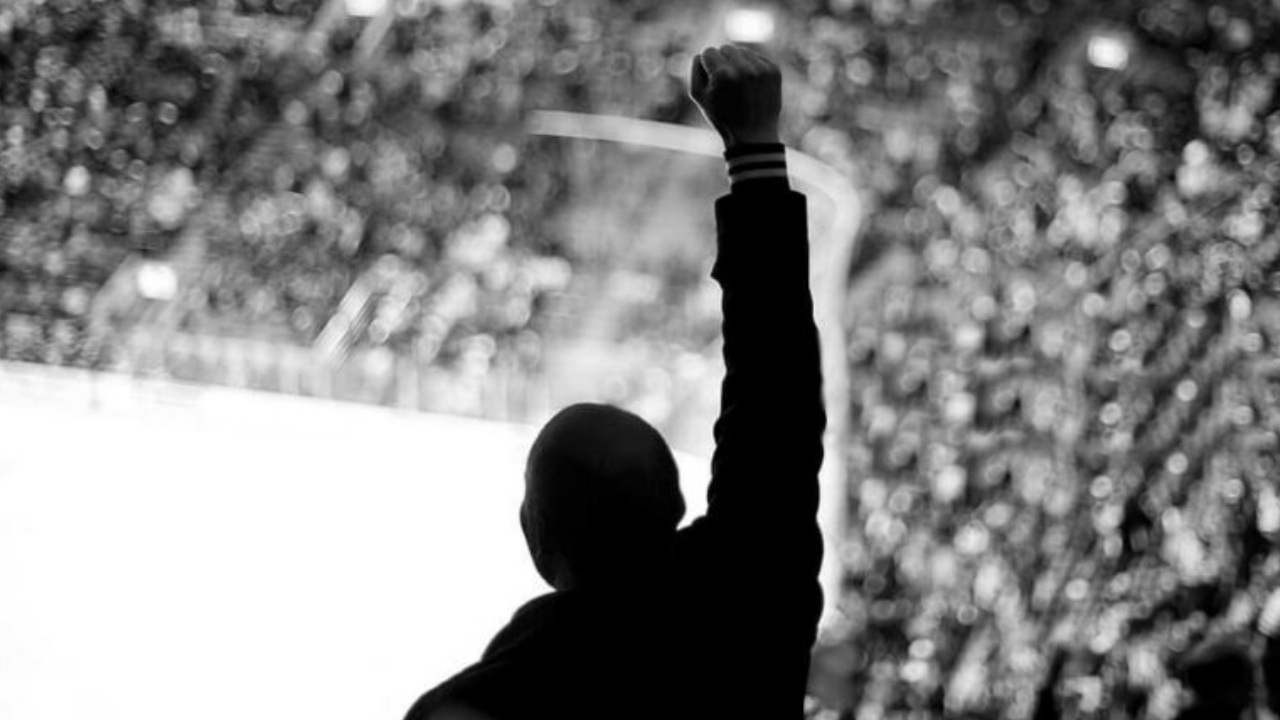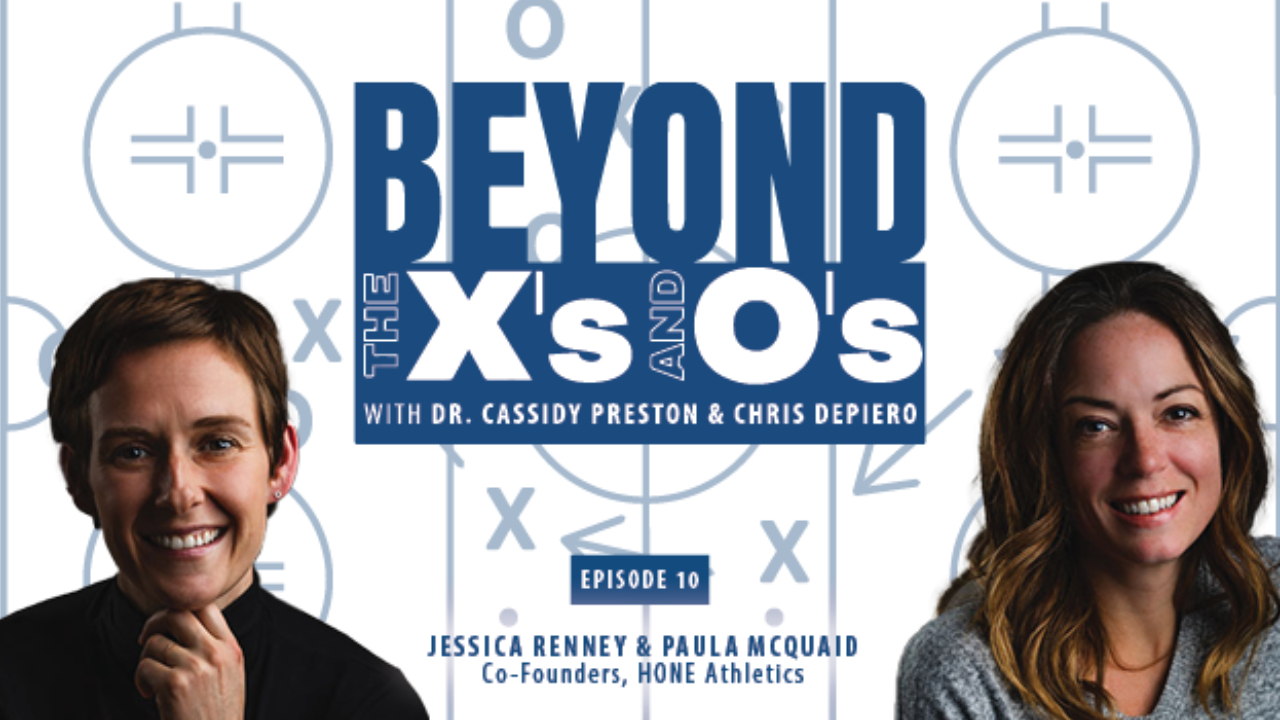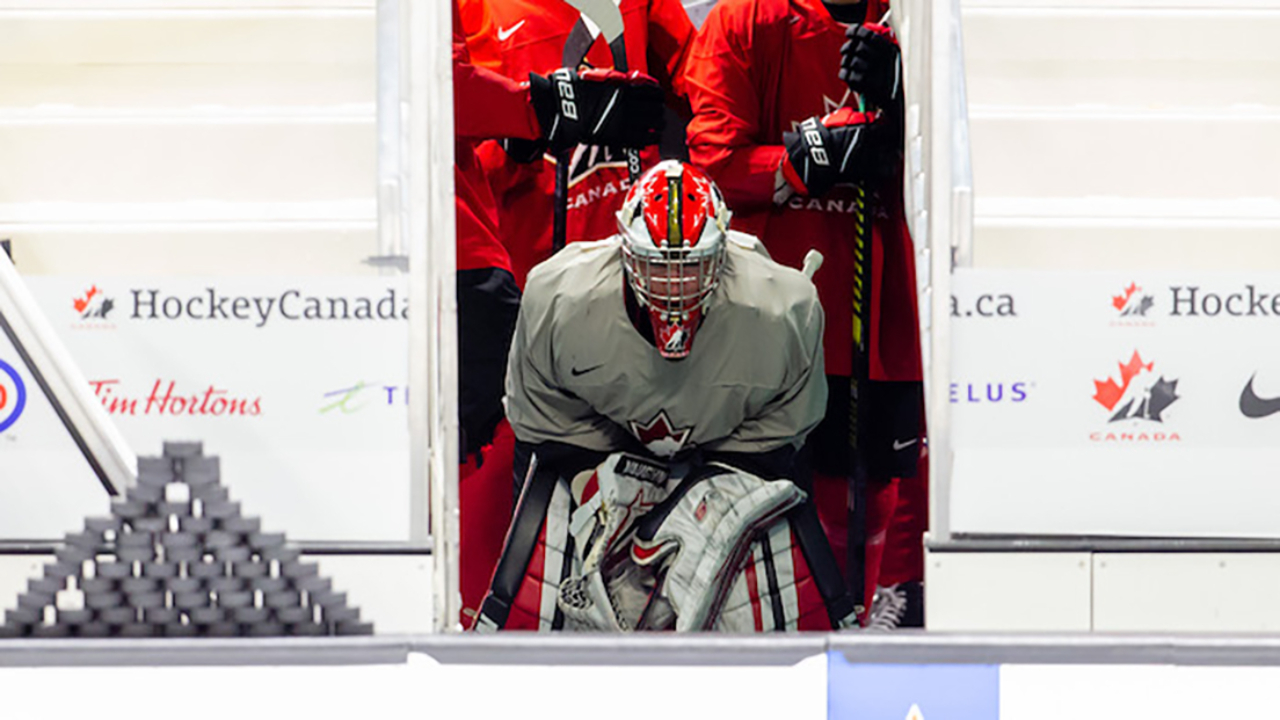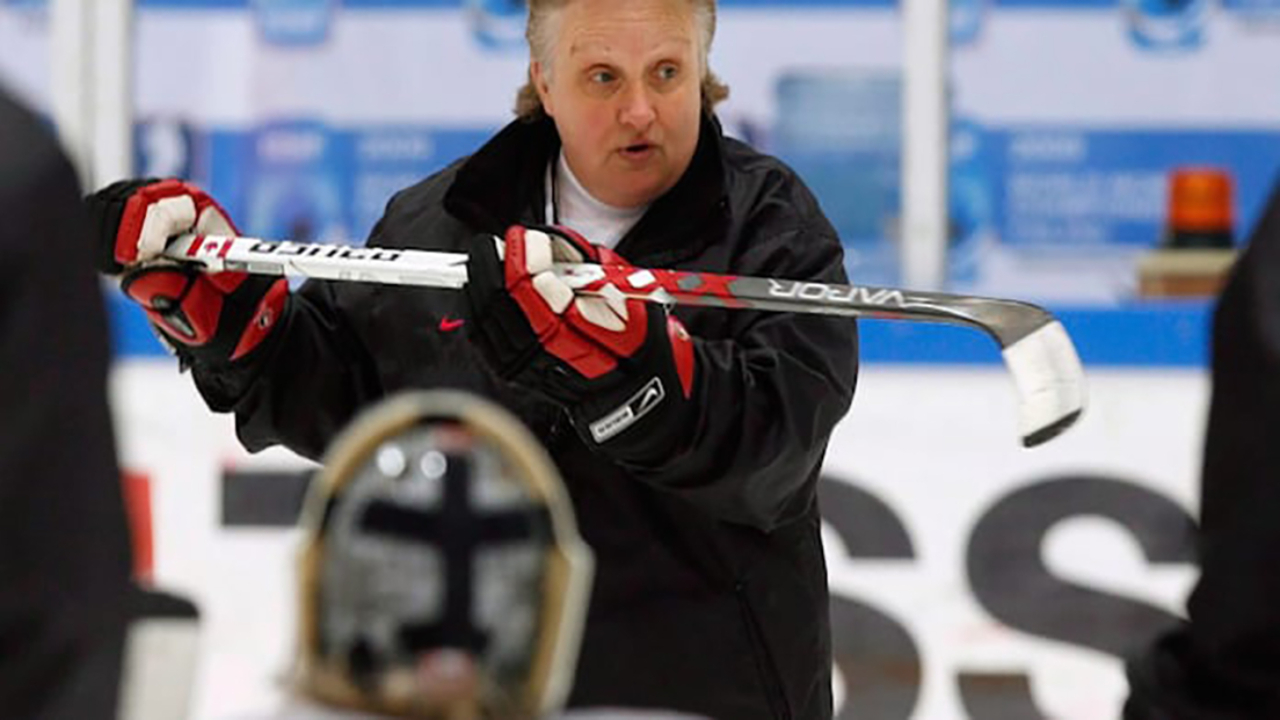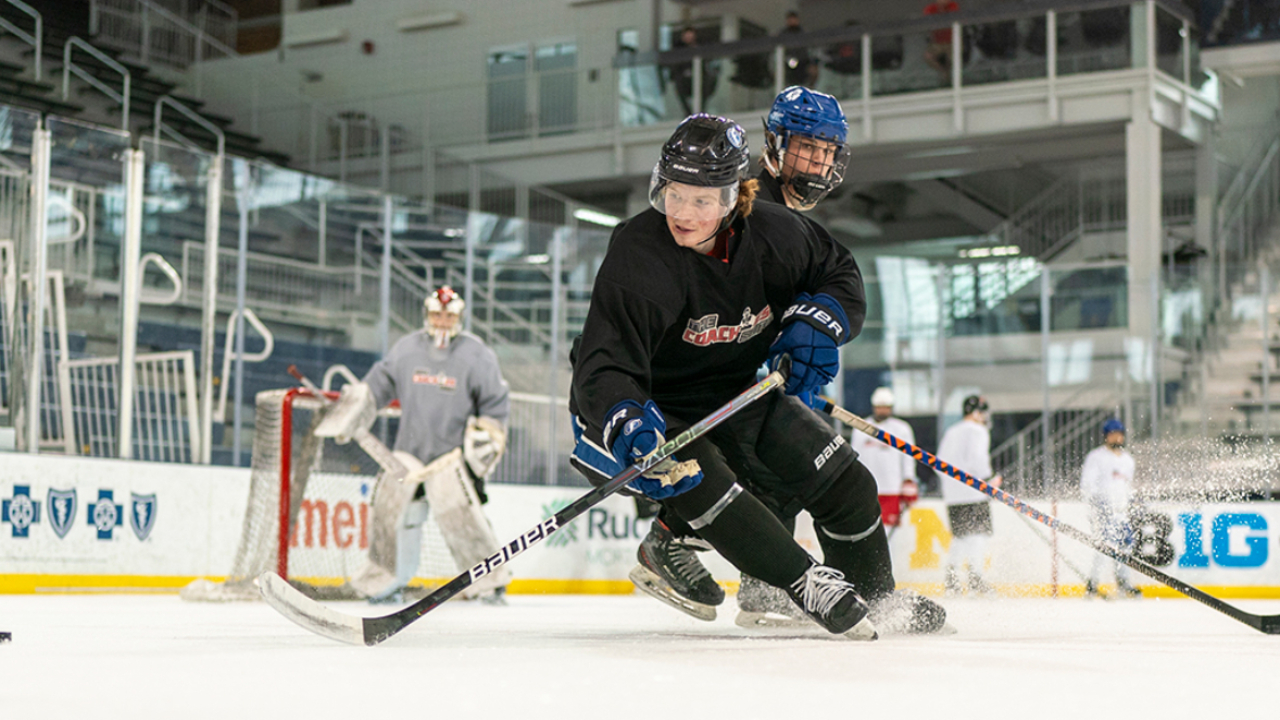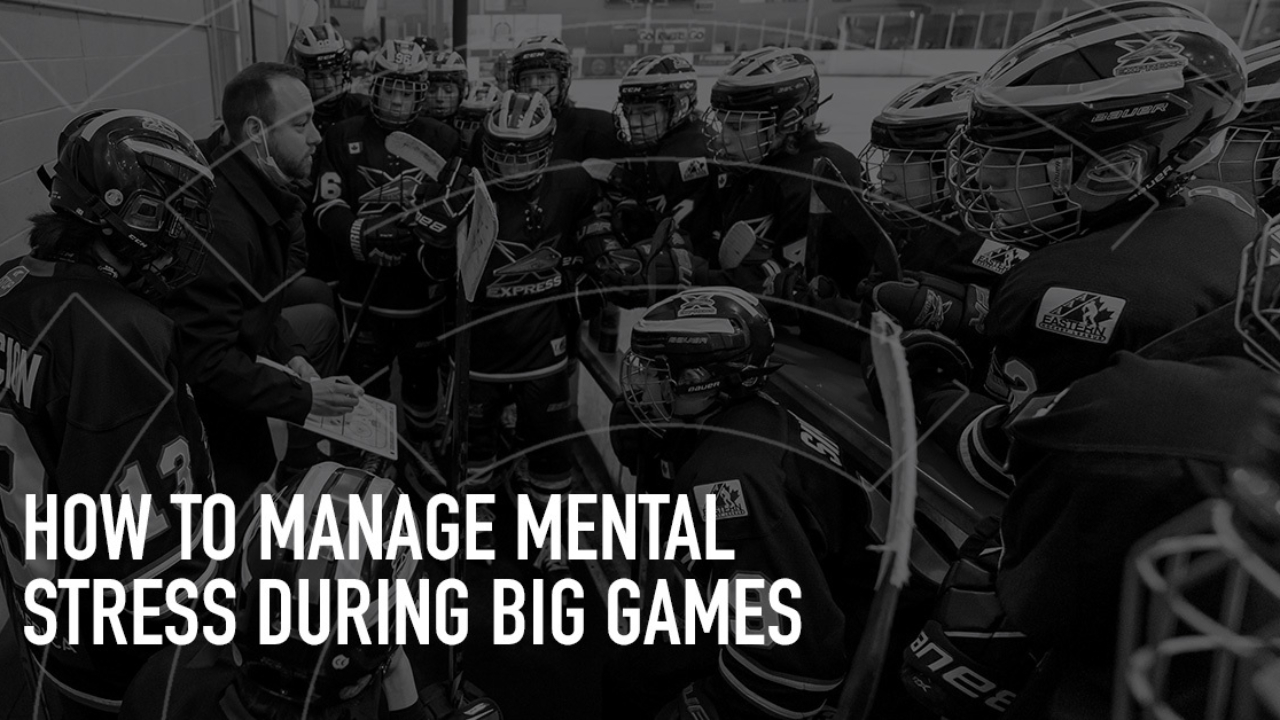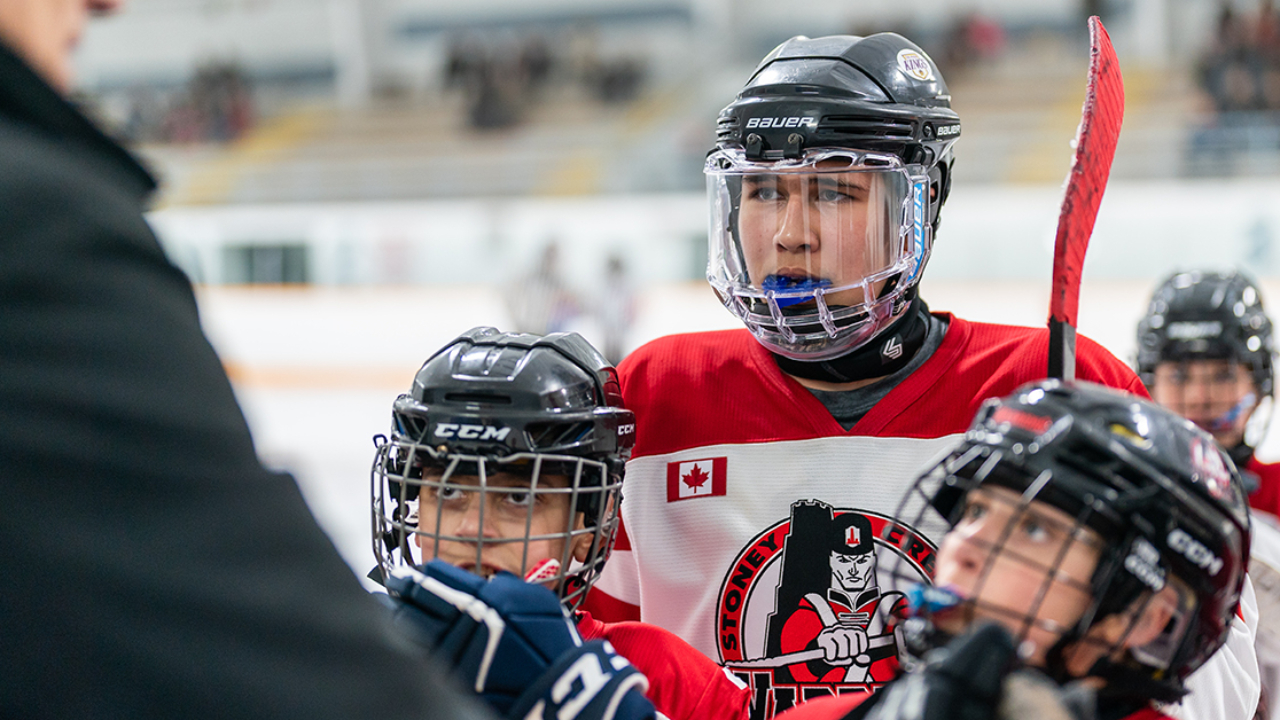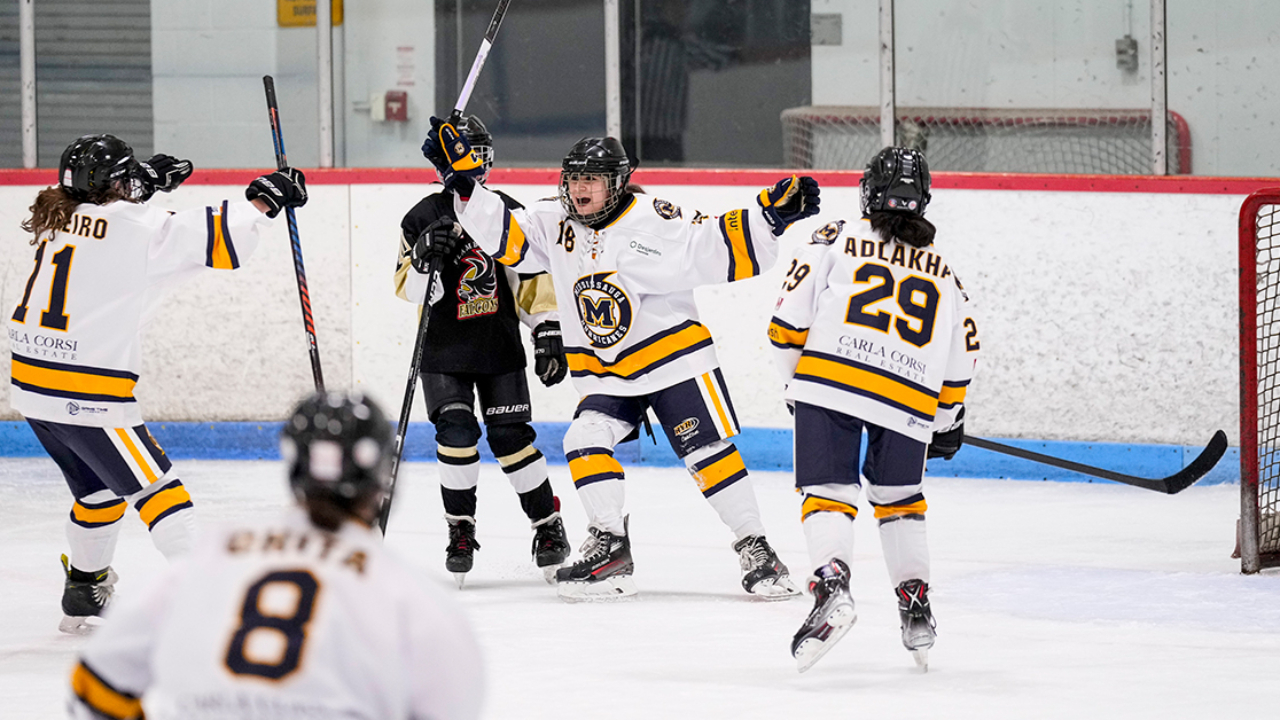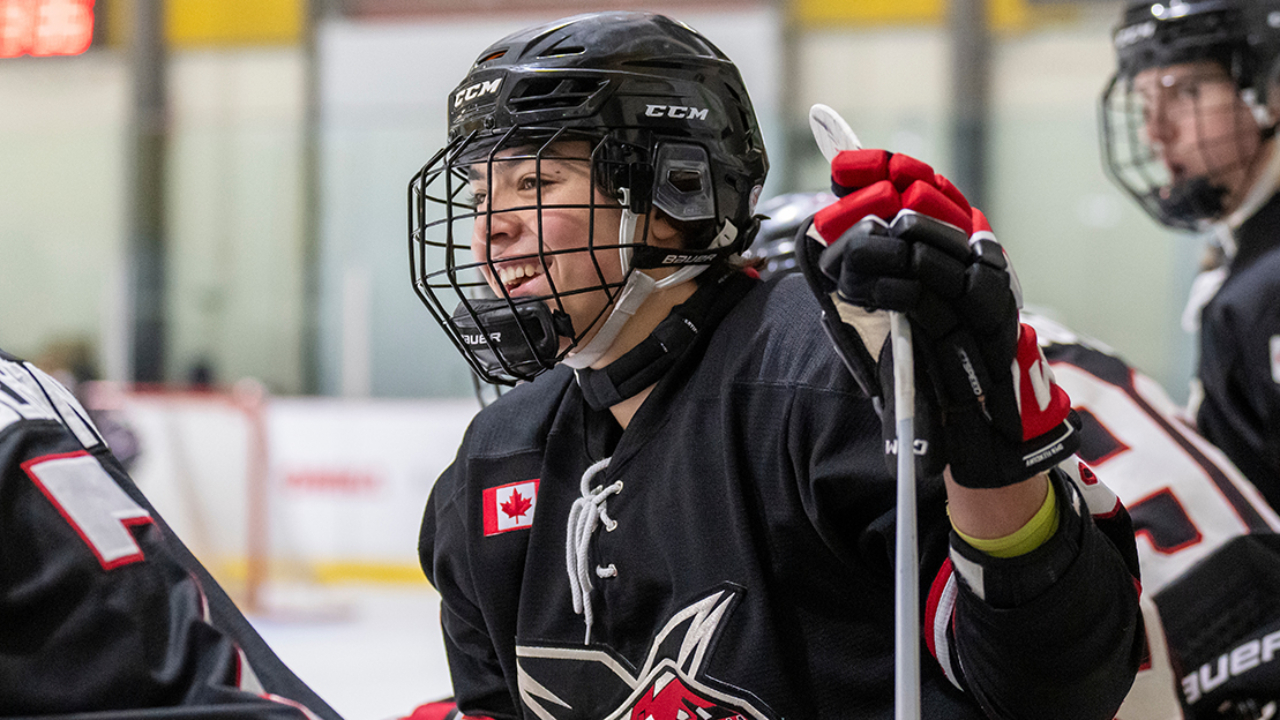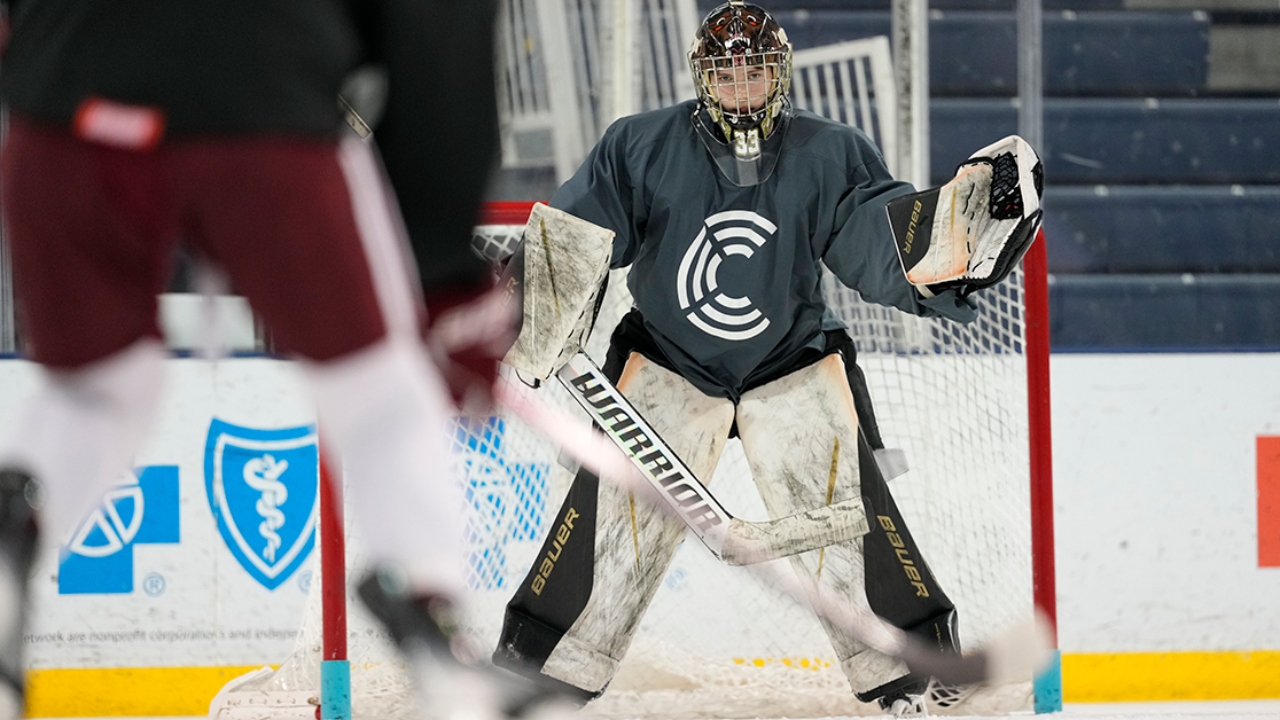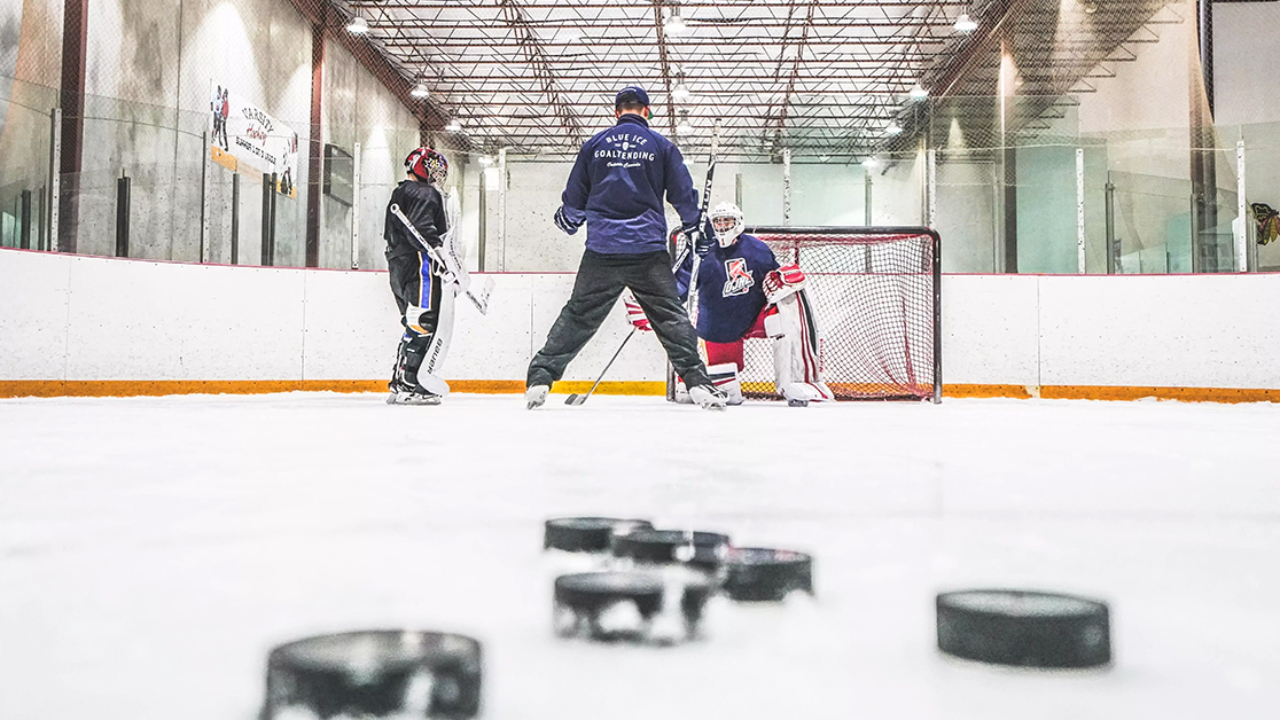
Years ago, I stumbled upon a transformative book called "Hockey Tough" authored by Dr. Saul Miller, a performance and sport psychologist. I read the first edition back in 2010 and then the second edition again in 2022. The book changed my perspective on the entire game of hockey to such an extent that I reached out to Dr. Miller personally to thank him. Today, he is now my mentor.
Through his expert guidance, I have been exposed to the intricacies of sport psychology and have discovered powerful strategies that forever changed how I help others. I have also changed how I plan, approach, and play this amazing sport. It has been an honor to be under his wing for the past year. I want to share with you six compelling reasons why you, too, should consider enlisting the services of a sport psychologist.
1. Unlock Your True Potential
Hockey must be viewed as a sport comprised of three components: 1. Physical, 2. Skills, and 3. Mindset. The first two receive the most attention because they are about strength, skating speed, the ability to handle the puck well, and shoot. However, every great hockey player will eventually start to look like everyone else on the ice. They can skate well. They can shoot well. They can make great plays. What separates the great ones from the good ones is the third component of mindset. It is a sport psychologist who can help sharpen that precious asset. A trained professional will develop personalized mental conditioning programs tailored to your hockey needs to help unlock that next layer of personal greatness. These custom programs focus on improving crucial mental skills like focus, self-reflection, emotional control, goal-setting, and visualization. By honing these skills, a hockey player can boost their overall performance and gain a competitive edge over their opponents.
2. Manage Your Performance Anxiety
Nervousness and performance anxiety are common challenges faced by athletes before big games or competitions. With that being said, there is a common Peformance/Arousal chart which is used by most professionals. It looks something like this:
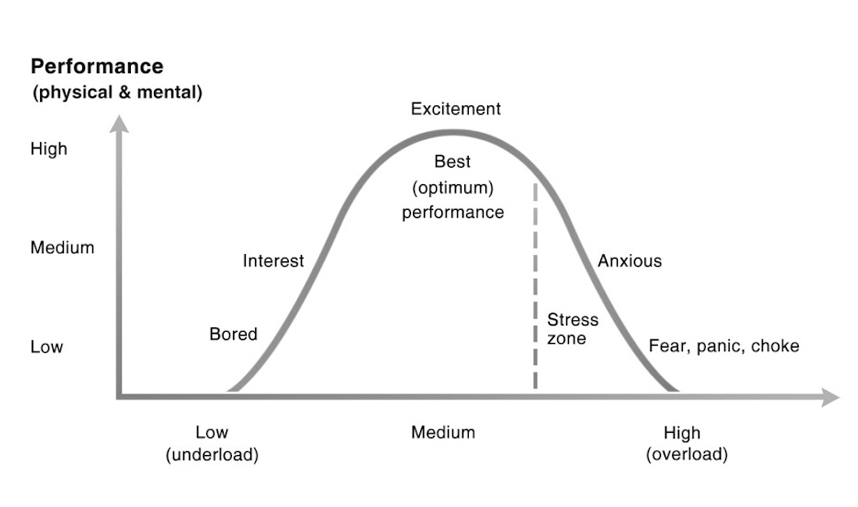
A beneficial task surrounding the arousal performance relationship would be to have hockey players self-reflect and measure how they score in relation to the Inverted-U. Collecting this data is helpful in unpacking where an athlete resides emotionally. In the case of hockey, a player needs to be at the top of the Inverted-U. If they are too far to the right where it slopes downward, the athlete is too confident and may be overthinking. Conversely, if they are situated in the lower left, they lack confidence in their abilities. A sport psychologist can help unpack these truths then create strategies to help the athlete get to a heathier mental state in the way of relaxation techniques, breathing exercises, and coping strategies to manage pre-game nerves effectively.
3. Build Resilience and Become Mentally Tough
Hockey is a game of managing chaos. Setbacks and failures are inevitable. Outside factors can pollute your team. Unexpected circumstances can emerge. Unpreditablility is guaranteed. It is how one handles these moments that makes one resilient and mentally tough. I love how author and sport psychologist, James Loehr, defines mental toughness.
"The ability to consistenly perform at the upper range of your talent and skill, regardless of circumstancs and outside factors."
A sport psychologist can teach you how to perform at this level and bounce back stronger from disappointments. In addition, he or she can empower you on how to use those setbacks as learning opportunities for personal and professional growth.
4. Exploit Your Unfair Advantage
There is a great book by Ash Ali and Hasan Kubba titled the "The Unfair Advantage: How You Already Have What it Takes to Succeed." The main premise of the book is each one of us possesses an unfair advantage - an element that gives you an edge over your competition. Perhaps it is your education, your heritage, your technical skills, and so forth. Think about a superpower or a collection of experiences you have which separate you from the competition. Identify it then maximize it. A sport psychologist will help you pinpoint that unfair advantage and utilize it to level up your game.
5. Overcome Slumps and Plateaus
Every hockey player experiences slumps or plateaus in their performance at some point. When this happens focus is often lost and must be regained. A sport psychologist can teach you how to eliminate distractions, stay present in the moment, and remain focused on the task at hand. Improved focus can lead to better decision-making and execution during critical moments in the game. When this happens slumps and plateaus are eventually overcome. In addition, a sport psychologist can help you identify some of the other underlying causes of these performance dips and provide strategies to overcome them. Whether it is addressing mental blocks or resetting goals, a trained professional can guide you towards getting back on track.
6. Build and Maintain Confidence
Earlier, I mentioned the work of my mentor, Dr. Saul Miller. One of the lessons he taught me in our first session was the definition of confidence since it is the lifeblood of any succesful athlete. In the case of hockey where split-second decisions and precise execution can make or break a game, confidence is paramount. So, how can confidence be defined? There are three foundational principles: previous success, planning and preparing, and having a positive self-image. All three must exist in order for an athlete to be truly confident and comfortable in their own skin. As you can imagine, a sport psychologist can work with you on these three pillars to create unshakeable self-belief.
Parting Advice
Hiring a sport psychologist can be a game-changer for hockey players of all levels. By tapping into the power of the mind, these professionals can help you fine-tune your mental skills, overcome obstacles, and achieve peak performance. From managing pre-game nerves to building resilience and confidence, the benefits of working with a sport psychologist extend beyond the rink and can positively impact every area of your life. So, if you aspire to level up, consider enlisting the expertise of a sport psychologist and unlock your full potential.

